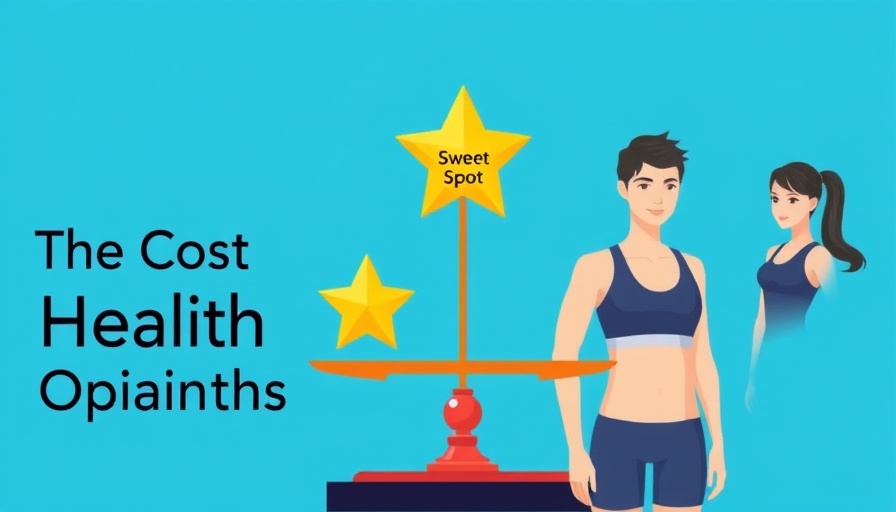
Understanding Biological Age Testing
In the age of health data analytics, biological age testing has surged in popularity, capturing the attention of many, including health enthusiasts and concerned citizens alike. A recent example is billionaire Bryan Johnson, whose extreme anti-aging regimen has become a topic of fascination. Undergoing numerous tests, he claims his biological age is now 5.1 years younger than before his quest began—a bold assertion that has fueled debates across health communities.
What is Biological Age?
Your biological age, or bio age, reflects how well your body’s systems are performing, regardless of your chronological age. Take two 50-year-olds: one who leads a sedentary lifestyle and indulges in junk food and another who exercises regularly and maintains a balanced diet. The differences between their bio ages could be significant, highlighting the impact of lifestyle choices on health long-term.
How Are Biological Age Tests Conducted?
Biological age testing typically involves analyzing biomarkers—indicators of biological health that arise from physical attributes and habits. These might include telomere length or DNA methylation levels. Simplified, these tests track your health status and offer insights into how well you’re aging.
The Benefits of Monitoring Your Biological Age
Understanding biological age can empower you to take control of your health. Instead of waiting for symptoms to arise, proactive monitoring helps you make informed lifestyle changes. For instance, factors like blood pressure and cholesterol are markers many people already monitor, which can serve as gateways to better overall wellness. Keeping track of these indicators paves the way for improved nutrition habits that align with your health goals.
Making Informed Choices About Nutrition
Staying educated about nutrition is paramount for long-term wellness. Integrating balanced nutrition into your daily routine can facilitate a healthier lifestyle and potentially influence your biological age positively. Emphasize consuming wholesome foods like fruits, vegetables, lean proteins, and whole grains while staying active.
Final Thoughts
Exploring biological age tests may help unlock answers about your health journey, making it essential to discern which methods suit you best. Coupling these insights with healthy nutrition practices is a step towards achieving not just a lower bio age, but a vibrant, actionable outlook on life.
 Add Row
Add Row  Add
Add 



Write A Comment